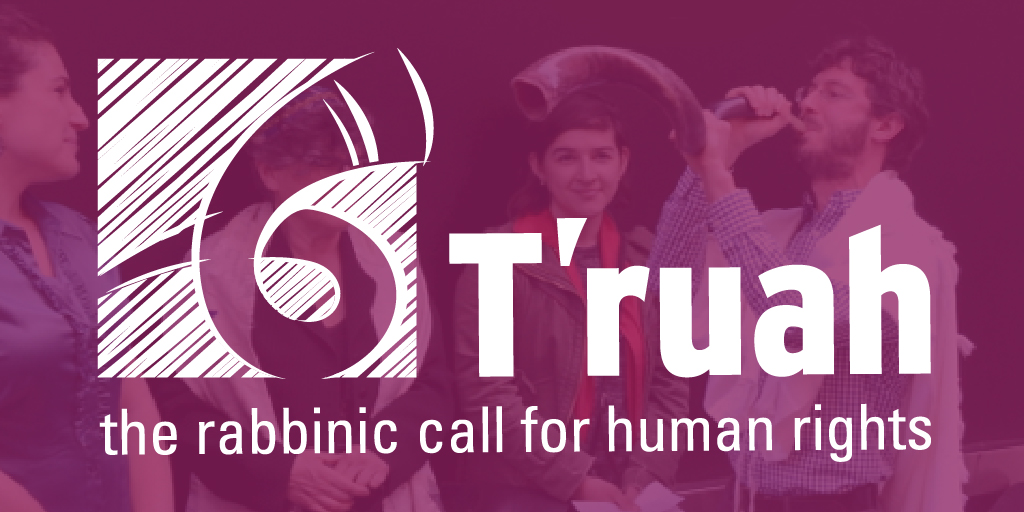T’ruah is extremely concerned by two recent attempts to enforce state laws restricting boycotts of Israel: Dickinson, Texas required applicants for hurricane aid to sign a statement affirming that they will not participate in boycotts of Israel, and a school district in Kansas forced a math teacher to do the same before she could take part in a training program.
As an organization led by rabbis and cantors committed to Israel’s long-term security and democracy, we do not advocate for or participate in boycotts of Israel. We do, however, affirm that free speech is an essential element of democracy. The hallmark of support for free speech is advocating for others’ right to speech with which we disagree. The Supreme Court long ago classified political boycotts as a protected form of free speech. As a sovereign nation, Israel does not constitute a protected class subject to anti-discrimination laws. We have long been concerned that the spread of state-based anti-BDS laws would threaten the exercise of free speech. These two incidents in Texas and Kansas unfortunately represent the fulfillment of this concern.
This Shabbat, we read Parshat Noach, the story of a flood long before Hurricane Harvey. The Torah calls Noah “a righteous man in his generation.” The ancient rabbis famously wondered why Noah is not simply called “righteous,” and concluded that the qualifier “in his generation” distinguishes Noah from the more righteous Abraham. Whereas Abraham advocated for the people of Sodom and Gemorrah, whom he did not even know, Noah simply took care of the needs of his own family. Our fear for the future of Israel, and for our friends and family there, must not induce us to abandon our commitment to free speech and to democracy in the interest of protecting Israel from criticism.

